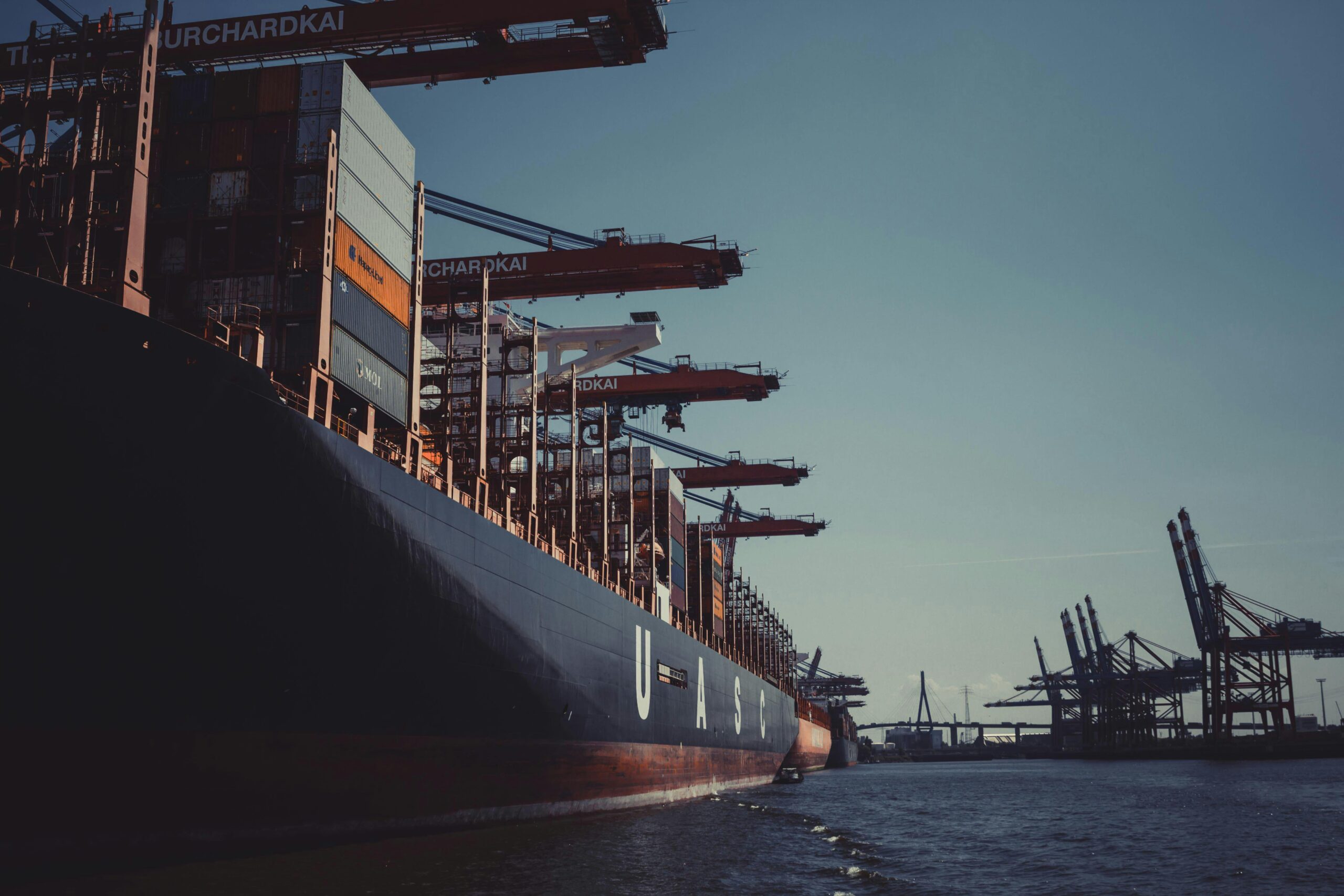More Events

Volterra Fietta hosts commercial disputes seminar on the “Impacts of Tariffs on Supply Contracts: Key Legal Issues”
On 16 April 2025, Volterra Fietta held a virtual seminar entitled “Impacts of Tariffs on Supply Contracts: Key Legal Issues”.
Learn moreVirtual Seminar – Deep Sea to Deep Space (Part 1): The Future of Deep Sea Mining
This was the first in a three-part virtual seminar series Volterra Fietta are hosting throughout January and February. The second and third seminar will focus on the extraction of natural resources in space and the arctic region. As the world gears up to start the exploitation of mineral resources from the deep sea, this timely
Learn moreVirtual Seminar: State responsibility for actions taken by States regarding the COVID-19 virus
The COVID-19 pandemic has caused almost every government around the world to enact public health regulations. Many governments have also cited COVID-19 as the motivation for passing regulatory measures across a broad range of other policy areas. These have included human rights, trade, refugee, foreign investment, humanitarian law. In addition, in relation to the pandemic,
Learn moreVirtual Seminar: Interconnectors, energy security and flexibility services in Europe
By general consensus, the world needs to reduce its fossil fuel consumption and electrification is seen as the key means to achieve this. The European Green Deal aims to strengthen this trend, which will have profound geopolitical, legal and economic consequences. The Western Balkans are the largest potential source of flexible renewable electricity – hydropower
Learn more